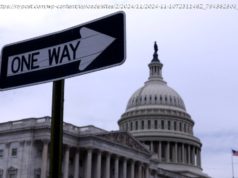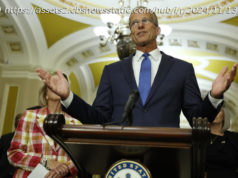Following heated debates US President Joe Biden and House Republican Speaker Kevin McCarthy have reached a final agreement to suspend the $31.4 trillion debt limit through January 1, 2025. What’s in the deal and how would it affect the US economy?
“This deal does not surprise me, as a debt default of the US government would give rise to a major financial crisis across the global economy,” Sergio Rossi, professor of macroeconomics and monetary economics at the University of Fribourg, Switzerland, told Sputnik. Neither Democrats nor Republicans in the United States could afford such a situation to occur. It was therefore sure that a compromise between them was going to be announced before long, so that the debt ceiling was going to be either suspended or pushed up once again.”Rossi explained that suspending the debt ceiling for two years in the United States means that the US federal government must not respect such a ceiling during this period, even though this does not mean there is no budget constraint for the US administration.What’s in the Deal?The deal meets a number of the Republicans’ demands. First, non-defense spending has been capped at about $637 billion, meaning that it will remain at the same level as the previous year.Second, a $1.39 billion portion of a staggering $80 billion package for the Internal Revenue Service (IRS) under the Inflation Reduction Act will also be slashed; an additional $20 billion in appropriations funding to the agency will be repurposed during 2024 and 2025.






